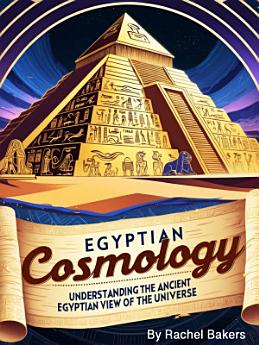Egyptian Cosmology: Understanding the Ancient Egyptian View of the Universe
About this ebook
From these primordial waters emerged the first conscious being, Atum, whose name means "the complete one" or "the one who completes himself." Atum represented the principle of self-creation, the divine spark that could generate existence from nothingness through sheer force of will and consciousness. The Egyptians understood this emergence not as a violent rupture but as a natural unfolding, like a lotus flower blooming from the depths of a sacred pond. Atum was simultaneously the creator and the first created, embodying the paradox of divine self-generation that would become central to Egyptian theological thinking.
The act of creation itself was envisioned as both physical and metaphysical. According to the Heliopolitan creation myth, one of the most influential cosmogonic traditions, Atum created the first divine pair through masturbation or, in some versions, through sneezing or spitting. This seemingly crude imagery actually encoded profound philosophical concepts about the nature of creative force and the relationship between thought, word, and manifestation. The first divine couple, Shu (air, dryness) and Tefnut (moisture, humidity), represented the fundamental dualities that would structure all of existence.






